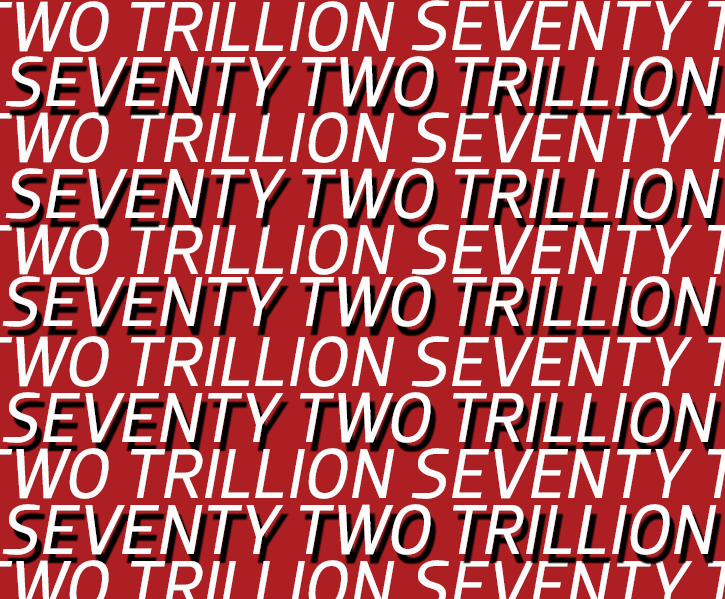

Depends what you mean I guess. They have thousands of years of history as bordering nations so I imagine there’s been tense times here and there but as far as I’m aware, things have been mostly chill up until China became an economic powerhouse and gave India big trade deficits, which is a fairly understandable thing to get antsy about. So it doesn’t seem the case to me that like, the West poisoned their relationship, but more that there were already increasing tensions with the economy and Tibet and the West is just taking advantage of it. Personally I’d be very surprised if it ever turned into a real warzone - for one thing, the terrain fucking sucks - but I can totally imagine India giving the US some significant if perhaps covert help if Taiwan ever pops off





I’m very conflicted on Corbyn, because on the one hand he is one of the few politicians on the planet outside of a socialist country that I do have genuine fondness for, but on the other hand, his leadership simply wasn’t that effective. He might have won in 2019 had the media not totally banded against him, but he should have been much stricter on the party. It’s the Western “anti-authoritarian” liberal brainworms in action I suppose - you enact any discipline as a left-winger and an instant later, people are photoshopping ushankas and Stalin’s mustache onto you, but that’s just what you need to do as a goddamn leader sometimes, and he’s simply not a very good leader in that regard. So I don’t think it would be a good idea for him to actually lead some kind of third party. Create one with his influence, absolutely - and he’s a coward for not doing that - but actually lead it? Unless he’s learned his lessons, then no.
It’s a shame that Galloway has his socially conservative views, because he’s exactly the kind of brash personality that I and many others have been wanting for so long.